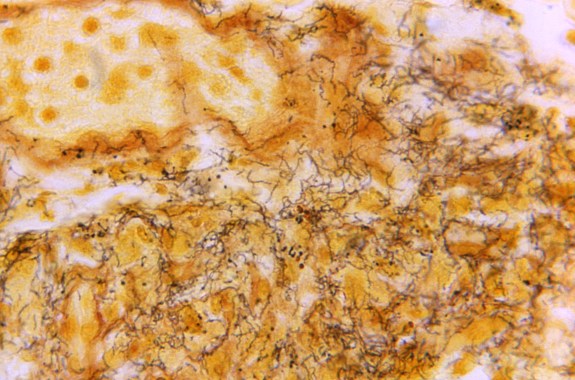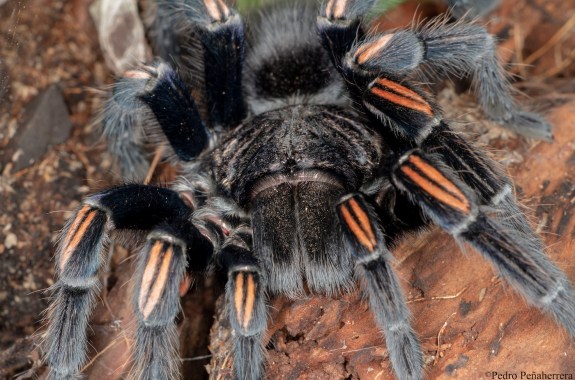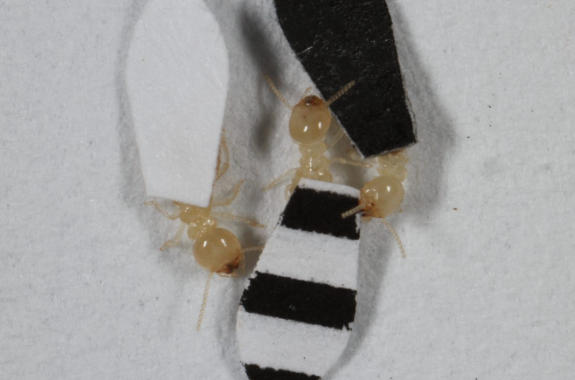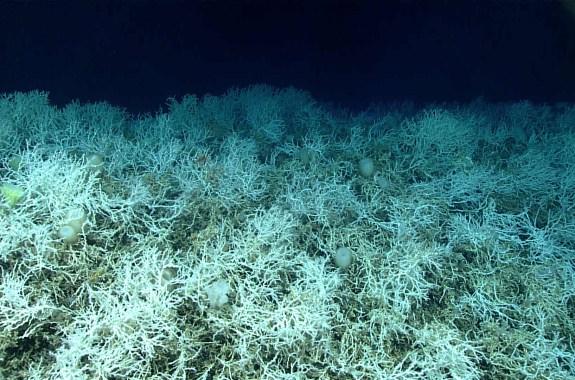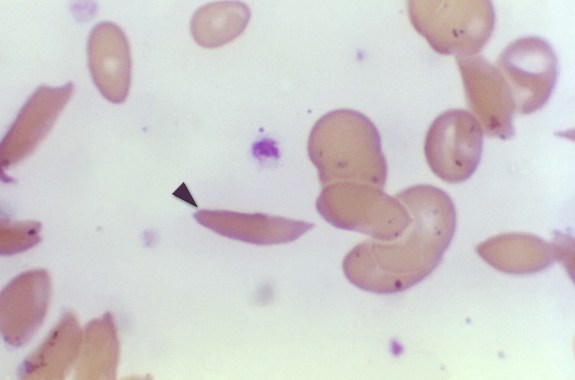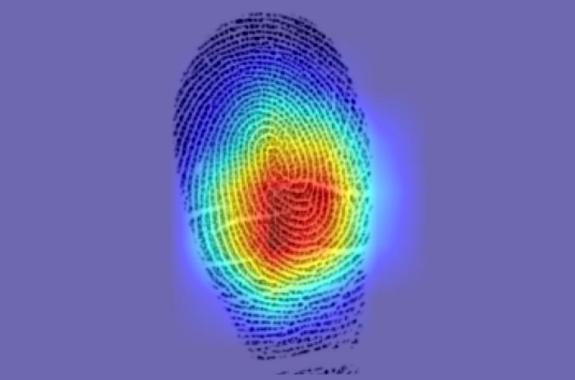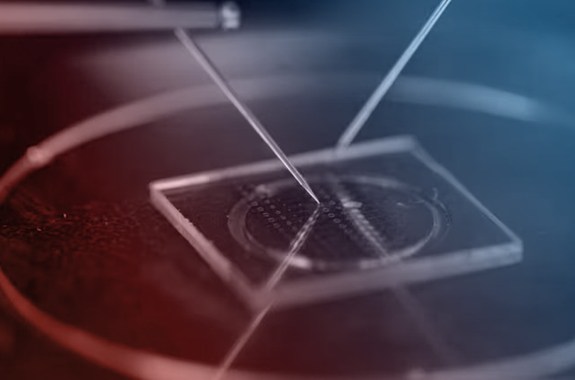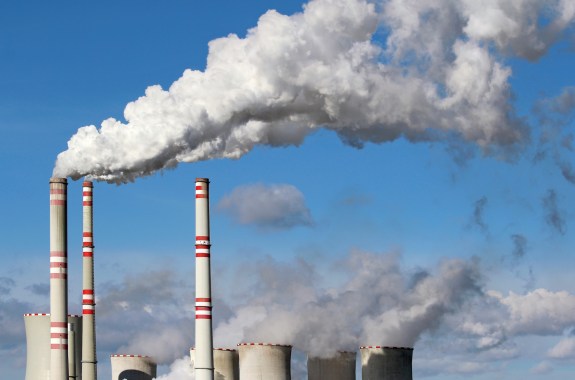Radio
Listen to Science Friday live on Fridays from 2-4 p.m. ET
November 22, 2024
On the 50th anniversary of Lucy’s discovery, paleoanthropologists reflect on what she means to science, and what she taught us about ourselves. Plus, divers have recovered seeds of a long-lost rye variety from a 146-year-old shipwreck in Lake Huron. And, just in time for Thanksgiving, a potato researcher explains potato varieties, potato nutrition, and some tubular tuber facts.
7:07
The Art And Science Of Trash Talk
Author Rafi Kohan explains the psychological and physiological responses to trash talk, ahead of Super Bowl Sunday.
17:16
A Black Physician’s Analysis Of The Legacy Of Racism In Medicine
In a new book, Dr. Uché Blackstock reflects on her experiences as a Black physician and the structural racism embedded in medicine.
12:09
Syphilis Cases Are Up 80% Since 2018
There has been a boom of syphilis cases, including a 180% increase in congenital syphilis cases, despite other STI levels staying stable.
9:01
Protecting The ‘Satan’ Tarantula and Other Lovable Giant Spiders
A team of scientists in Ecuador is on a mission to describe new-to-science tarantula species to help secure conservation protections.
7:41
If Termites Wore Stripes, Would Spiders Still Eat Them?
Undergraduate researchers pasted striped capes onto termites’ backs to see if a well-known warning sign would fend off predators.
12:14
Revealing The Largest Deep-Sea Coral Reef In The World
The gigantic reef stretches for hundreds of miles in near-freezing waters and total darkness, but it’s bustling with life.
17:26
The FDA Approved The First CRISPR-Based Therapy. What’s Next?
The first CRISPR gene-editing treatment is a cure for sickle cell disease. Are we on the cusp of a gene therapy revolution?
10:00
Is Each Fingerprint On Your Hand Unique?
A new study uses artificial intelligence to show that each of our ten fingerprints are remarkably similar to one another.
7:20
In This Computer Component, Data Slides Through Honey
Honey could be the secret ingredient in building a more eco-friendly “memristor,” which transmits data through malleable pathways.
17:03
Scientists Are Uncovering A World Of ‘Dark Matter’ Carcinogens
New findings about how substances like air pollutants can trigger cancer may help reveal carcinogens we were unaware of.


